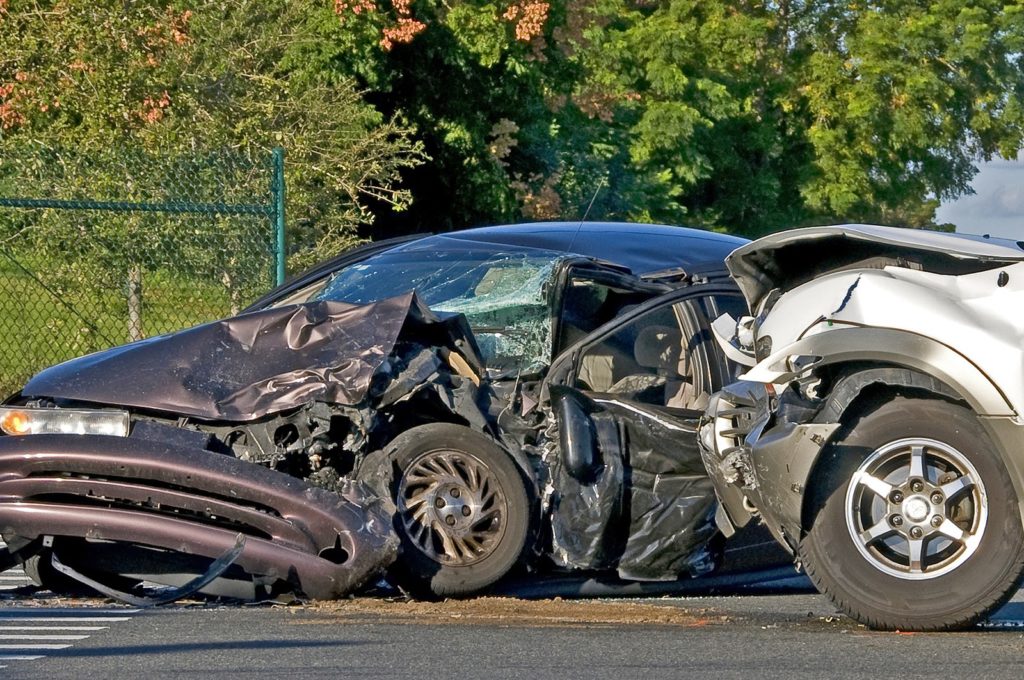While traditional taxi companies are far from becoming obsolete, app-based ride-sharing services like Uber and Lyft are an increasingly prominent method of transportation. However, according to a 2015 report by Fortune, roughly half of all Uber drivers have never worked as professional drivers before. In an effort to better regulate who can (and can’t) drive for Uber and Lyft, in May 2017 New Jersey will be introducing new legislation called the “Transportation Network Company Safety and Regulatory Act,” or A3695, to ensure that drivers pass criminal background checks. Importantly for accident victims, the new law also requires ride-share services to meet higher standards for liability insurance. Philadelphia car accident lawyer Brent Wieand explains how the new law will affect Uber drivers, Lyft drivers, and their passengers.

Ride-share services like Lyft and Uber are also called “transportation network companies” (TNCs), which is how the Transportation Network Company Safety and Regulatory Act got its name. After being signed into law by Governor Chris Christie early in February, the new law will take effect May 1, 2017.
The purpose of the law is to cut down on auto accidents by making Lyft and Uber safer for passengers. The law approaches this objective from two directions: in addition to imposing stricter background check requirements for prospective TNC drivers, the TNC Safety and Regulatory Act also requires both TNCs to carry $1.5 million in commercial auto insurance to cover medical bills resulting from injuries caused by Uber accidents or Lyft accidents. That’s an increase of half a million dollars from the $1 million coverage limits previously in effect at both companies: a significant victory for those who will, unfortunately, sustain injuries in New Jersey Lyft and Uber accidents after the law goes into effect.
The act permits TNCs to conduct their own background checks on drivers. However, the TNC’s proposed method of conducting the background check must be approved by the Attorney General. Under the new requirements, Lyft and Uber applicants must be rejected if the background check reveals, among other aspects of the driver’s history, any of the following:
TNC driver applicants must also be at least 21 years old, have a valid driver’s license and vehicle registration, and carry liability insurance.
State Sen. Richard Codey (D-Essex) was a strong supporter of tighter background check requirements, stating on the Senate floor in December, “Uber’s problem is they have worse turnover than McDonald’s. So when somebody leaves them, they want to have the next man up immediately. But on a fingerprint check, you have to wait two weeks. They don’t want to wait two weeks; it doesn’t fit their model.”
Hopefully, the new background check standards will effectively overhaul the potentially dangerous model Codey described, so that passengers never have to worry that their driver could be intoxicated, take reckless actions behind the wheel, or target them for sexual assault. In particular, the ban on drivers who have records of intoxicated driving could bring down the number of drunk driving accidents that occur in New Jersey on an annual basis.
State Sen. Paul Sarlo (D-Bergen), who sponsored the bill, stated, “This law will address concerns about safety regulations and confusion about who is responsible for setting and enforcing standards to protect consumers and safeguard customers in their use of ride-sharing companies such as Uber and Lyft that have experienced rapid growth. This law will ensure continued economic opportunities for drivers, safe affordable rides for passengers as well as safeguards and protections for consumers.”
Though of less significance for ride-share customers, the law also requires TNCs to pay an annual fee of $25,000 to register with New Jersey.

Uber and Lyft safely carry millions of passengers every year. However, any driver is capable of causing a serious vehicular accident – and drivers who work for ride-share companies are no exception.
If you or one of your family members was injured in a car crash involving Lyft or Uber in New Jersey or Pennsylvania, you may be entitled to compensation for your medical bills. To talk about your legal options in a free, no-obligation consultation with an experienced New Jersey personal injury attorney, contact Brent Wieand, founder of the Wieand Law Firm, LLC, at (888) 789-3161 right away. Your information will be kept confidential.
*Disclaimer: This article is for informational purposes. It is not legal advice and should not be used as legal advice. The Wieand Law Firm, LLC is based in Philadelphia, PA, and proud to serve clients throughout Pennsylvania and New Jersey.